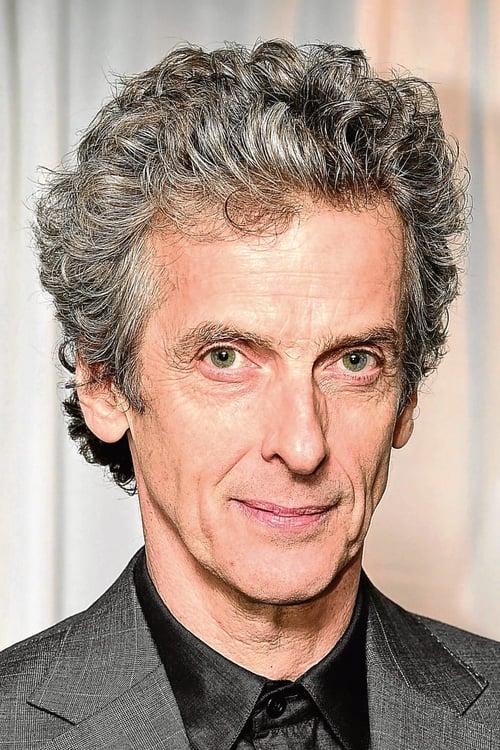Inside the Mind of Leonardo (2013)
Género : Película de TV, Documental
Tiempo de ejecución : 1H 25M
Director : Julian Jones
Sinopsis
Inside The Mind of Leonardo is based on the artist’s private journals dating from the Italian Renaissance. With over 6,000 pages of handwritten notes and drawings, da Vinci’s private journals are the most comprehensive documents that chronicle the work of the world’s most renowned inventor, philosopher, painter and genius. Using this precious collection of writings and drawings to recount Da Vinci’s story in his own words, and combining them with stunning visual effects and 3D technology, we re-create the mindscape and ideas of mankind’s greatest polymath.
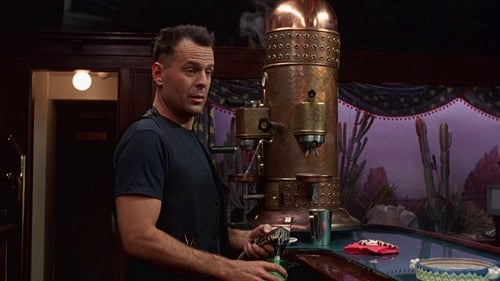
Eddie Hawkins, más conocido como "el gran halcón", es un ladrón de guante blanco que, después de cumplir una condena de diez años de prisión, ha decidido vivir como una persona honrada. Pero el loco Mayflower amenaza con matar a su amigo Tommy, si no roba unas obras de Leonardo Da Vinci.
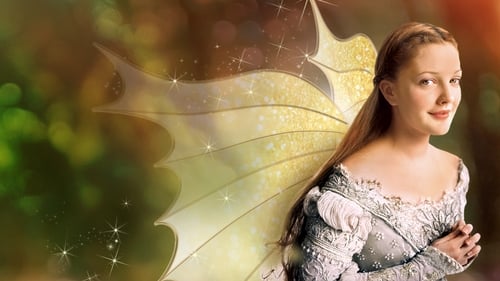
Durante la Edad Media, la pequeña Danielle, huérfana de madre, ha encontrado en los libros y en el amor de su padre el refugio ideal, pero tras trágica muerte se convierte siendo una niña en la criada de su nueva madrastra. Por si fuera poco, sus dos hermanastras son realmente crueles con ella. Pero con el tiempo Danielle crece y se convierte en una damisela cuyo destino se cruzará fortuitamente con el príncipe Henry.
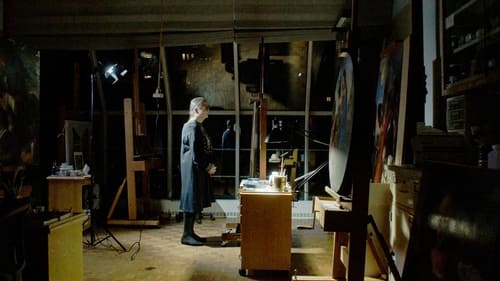
Indaga en el misterio que rodea al Salvator Mundi, la primera pintura de Leonardo da Vinci que se ha descubierto después de un siglo y que ha desaparecido.

Saverio, profesor en una escuela, y Mario, conserje de la misma se pierden en el campo dándose cuenta que han viajado atrás en el tiempo hasta el siglo XV. Allí jugarán a las cartas con Leonardo da Vinci y tratarán de impedir que Cristobal Colón descubra América...
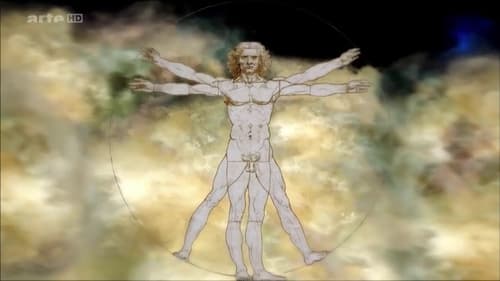
Inside The Mind of Leonardo is based on the artist’s private journals dating from the Italian Renaissance. With over 6,000 pages of handwritten notes and drawings, da Vinci’s private journals are the most comprehensive documents that chronicle the work of the world’s most renowned inventor, philosopher, painter and genius. Using this precious collection of writings and drawings to recount Da Vinci’s story in his own words, and combining them with stunning visual effects and 3D technology, we re-create the mindscape and ideas of mankind’s greatest polymath.

Leonardo da Vinci is not just the most famous and most admired of all painters - he is an icon, a superstar. Yet, the man himself remains elusive. Accounts during his lifetime describe a man too handsome, too strong, too perfect to be accurate. But in 2009, the chance discovery in the South of Italy of an ancient portrait with strangely familiar features takes the art world by storm. Could this be an unknown self-portrait by Leonardo da Vinci? Controversy erupts among the experts. The implications of such a discovery have far-reaching consequences for our understanding of the work of this great Renaissance master.

A guided tour through the corridors of the Louvre to closely contemplate the works of Leonardo in the company of the curators of the exhibition, Vincent Delieuvin and Louis Frank.
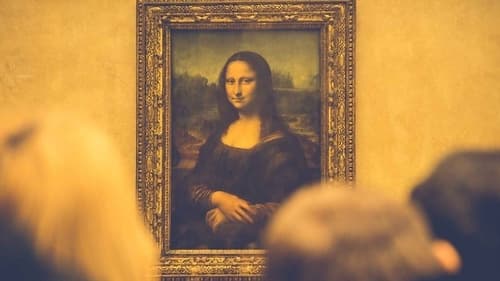
La identidad de la Mona Lisa siempre ha sido objeto de debate para los amantes del arte. Durante una década se han hecho estudios del retrato y una innovadora técnica de escaneo.

An exhibit of Da Vinci's works traces the pathways of the great artist's mind.

París, 1911. Cuando el cuadro «La Gioconda» de Leonardo Da Vinci es robado del museo del Louvre, se sospecha que los autores del audaz robo son miembros de un grupo de artistas bohemios liderados por el pintor Pablo Ruiz Picasso y el poeta Guillaume Apollinaire…

Using Leonardo Da Vinci's innovative designs for weapons of war, flying engines and other machinery, three brothers join forces to fight a wicked and powerful Duke in early-Renaissance Italy.
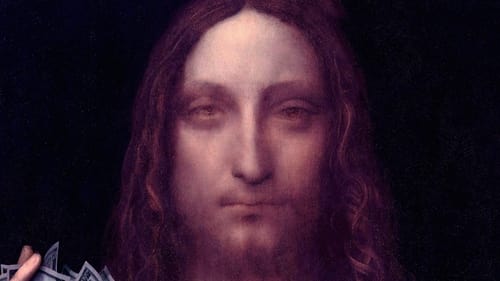
In November 15, 2017, the painting Salvator Mundi, attributed to Italian artist Leonardo da Vinci (1452-1519), was sold for an unprecedented $450 million. An examination of the dirty secrets of the art world and the surprising story of how a work of art is capable of upsetting both personal and geopolitical interests.
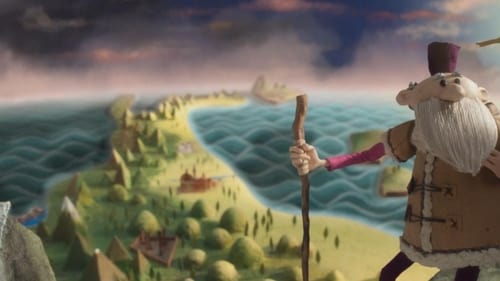
The insatiably curious and headstrong inventor Leonardo da Vinci leaves Italy to join the French court, where he can experiment freely, inventing flying contraptions, incredible machines, and study the human body. There, joined in his adventure by the audacious princess Marguerite, Leonardo will uncover the answer to the ultimate question – "What is the meaning of it all?"
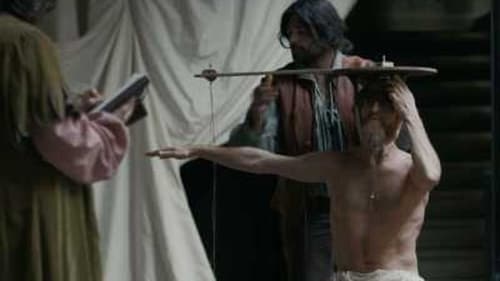
¿Se le ocurrió a Leonardo da Vinci todas sus ideas e inventos por sí mismo o también tomó prestados algunos de ellos de antiguos científicos, incluidos aquellos que vivieron 1.700 años antes que él?

Janina Ramírez explora los archivos de la BBC para crear una historia televisiva de Leonardo Da Vinci, descubriendo lo que se encuentra debajo de la Mona Lisa e incluso cómo adquirió su conocimiento anatómico.

La vida del notable polímata del Renacimiento italiano Leonardo da Vinci (1452-1519), quien fue un destacado pintor, arquitecto, artista, anatomista, botánico, científico, escritor, escultor, filósofo humanista, ingeniero, inventor, músico, poeta y urbanista. Probablemente, es la persona con el mayor número de talentos en múltiples disciplinas que jamás haya existido. Sus primeros trabajos de importancia fueron creados en Milan al servicio del duque Ludovico Sforza. Trabajó a continuación en Roma, Bolonia y Venecia, y pasó sus últimos años en Francia, por invitación del rey Francisco
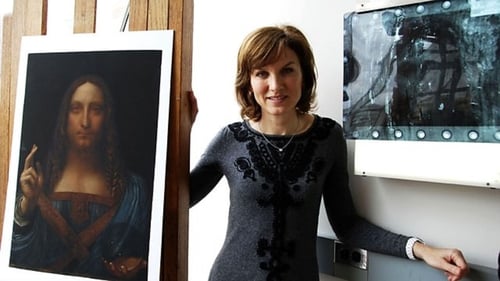
Fiona Bruce descubre la historia de Leo...

"This installation or performance work puts my own earlier film of the Mona Lisa (1973) through another stage of transformation – my own irretrievable self of some 34 years ago is now also part of the subject I first saw the ‘actual’ ‘Mona Lisa’ when I was about thirteen. Of course I had seen dozens of reproductions in books and postcards by then and the popular mythology of the enigmatic smile was already well engrained in my mind. My strongest impression, as I recall, was how small and unsurprising it was – a heavily protected cultural icon – no longer really a picture – and I was much more excited by the painting of the distant landscape than by the face. My own ‘version’ of ‘la Giaconda’ was never an homage, nor like Marcel Duchamp’s ‘L.H.O.O.Q’, an attack on its cultural power. Instead it came from a fascination with change and transformation – maybe also with arbitrary appropriation." Malcolm Le Grice

